
- The World Bank has disclosed plans to assess Nigeria’s debt sustainability before debt restructuring.
- This was disclosed during the IMF-World Bank annual meetings, on Thursday.
- The World Bank highlighted some of the economic challenges Nigeria faces.
The World Bank has decided to evaluate Nigeria’s strategy for meeting its payment obligation before it decides to restructure the country’s debt.
This was disclosed at the IMF-World Bank annual meetings which have been ongoing in Washington DC.
The World Bank also noted that Nigeria is yet to request debt relief under the G20 common framework.
On Wednesday the Nigerian minister of finance, Zainab Balogun, disclosed plans to take advantage of the IMF’s newly created fund. She also stressed that she is currently working with financial institutions in the country to look into the country’s portfolio debt to restructure and further stretch the debt service period to give more fiscal relief. Read Story here
David Malpass, the president of the World Bank responded to the minister, saying “the government of Nigeria has not gone that route.”
He said, “So Nigeria and Ghana did not ask for common framework treatment. Kristalina (IMF managing director) and I were talking yesterday with the group about it. If countries could have a situation where the common framework caused or allowed the country to have a standstill on their debt.”
In line with the World Bank’s common framework, private creditors must participate on similar terms to overcome collective action challenges and ensure fair burden sharing. However, only a few African countries, including Chad, Ethiopia, and Zambia, have requested debt relief under the policy.
“That would help the countries choose their path forward on debt restructuring that would mean they would get a break on debt payments while they’re looking at a restructuring agreement with the World Bank, but Nigeria hasn’t gone that route.” He added.
He went on to emphasize some of the challenges Nigeria faces, and how some of the country’s economic policies end up hurting overall revenue, rather than helping it.
He said, “So what the challenge is for Nigeria is that the subsidies are so large, that they undermine the revenues coming to the government from the state-owned oil company. Nigeria is actually in a concerning situation because of the increase in oil prices that occurred earlier this year. It ended up hurting the finances of Nigeria because of the large subsidy that was provided.”
He continued, “Some of the challenges with Nigeria also include dual exchange rate or the multiple exchange rates that are used that makes it very long flowing efficiently within the country.”
“Also, the trade policies tend to be protective on the import side and restrictive on the export side. So we would work with the IMF and conduct an assessment of the debt sustainability of Nigeria, but then it would also be up to Nigeria itself to interact with the various creditors, including bondholders and others.” He concluded.
Read Full Story

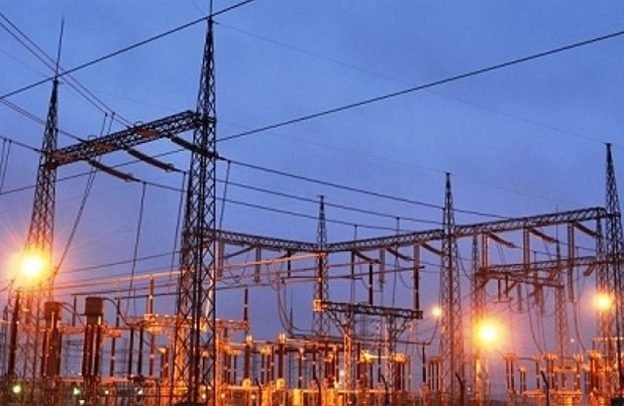
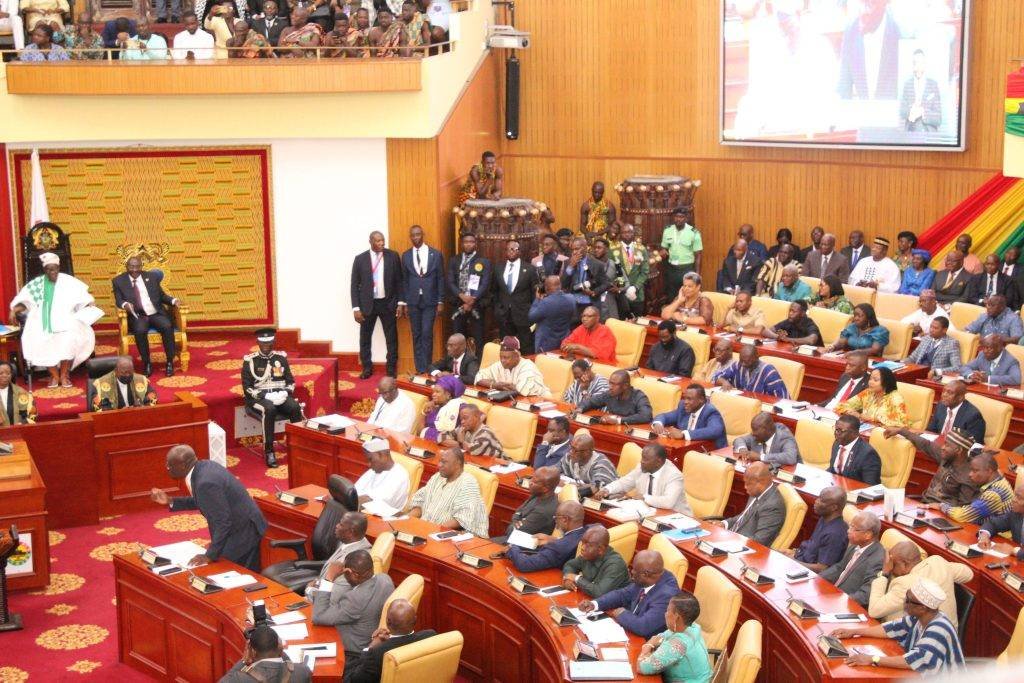

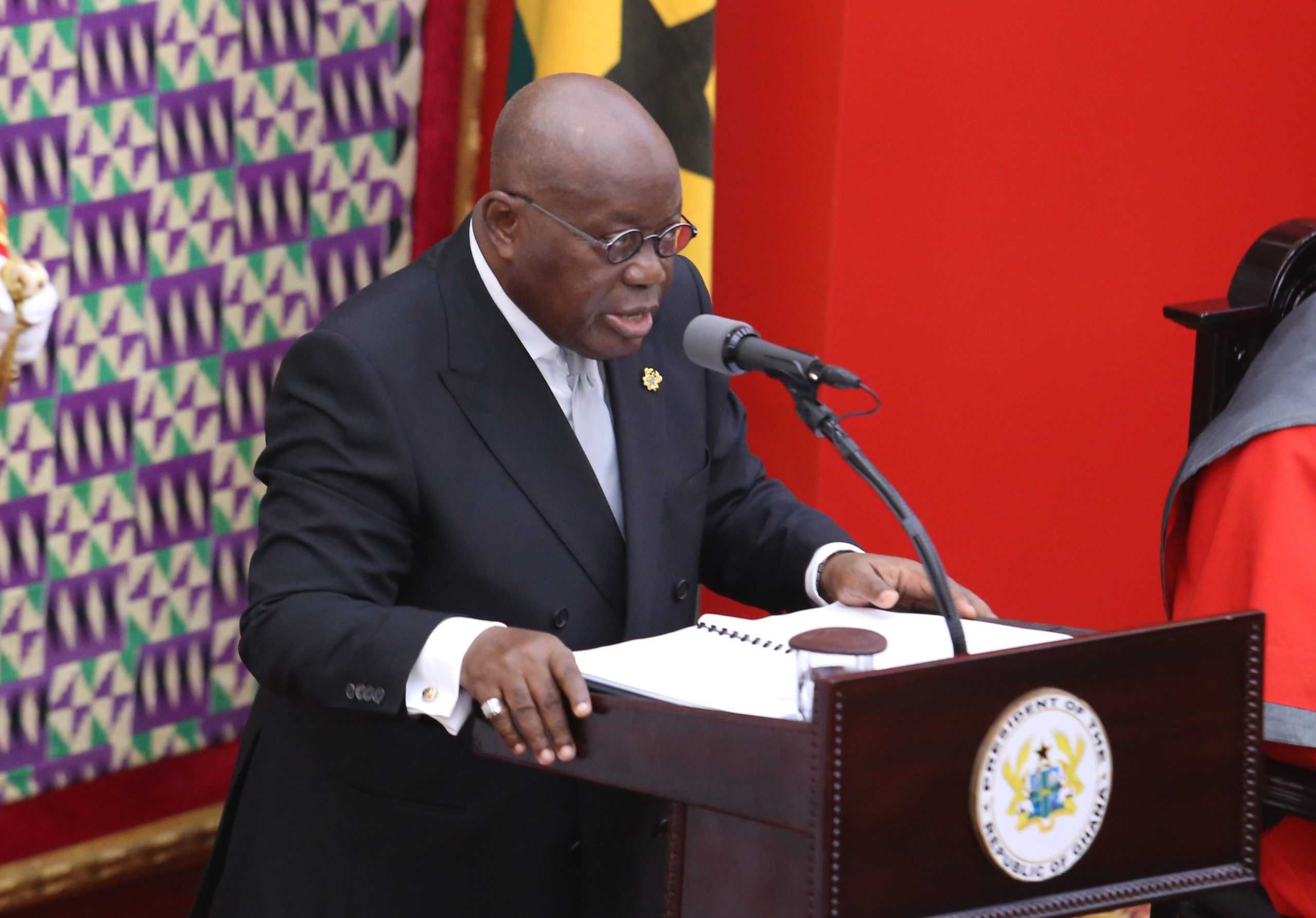


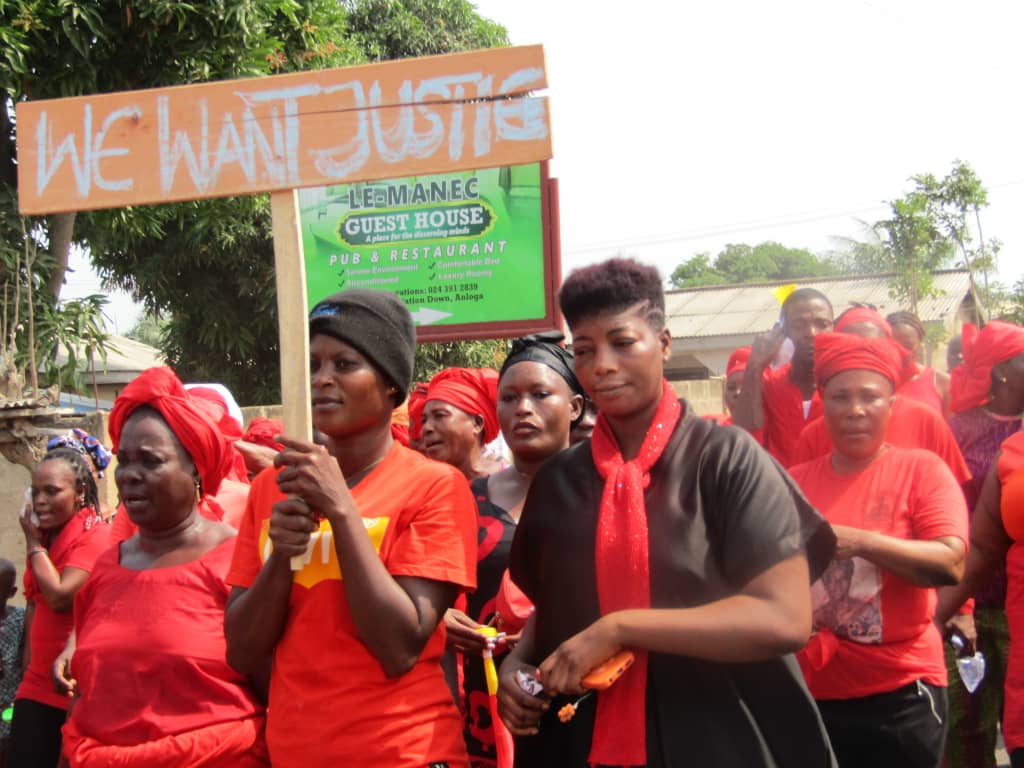

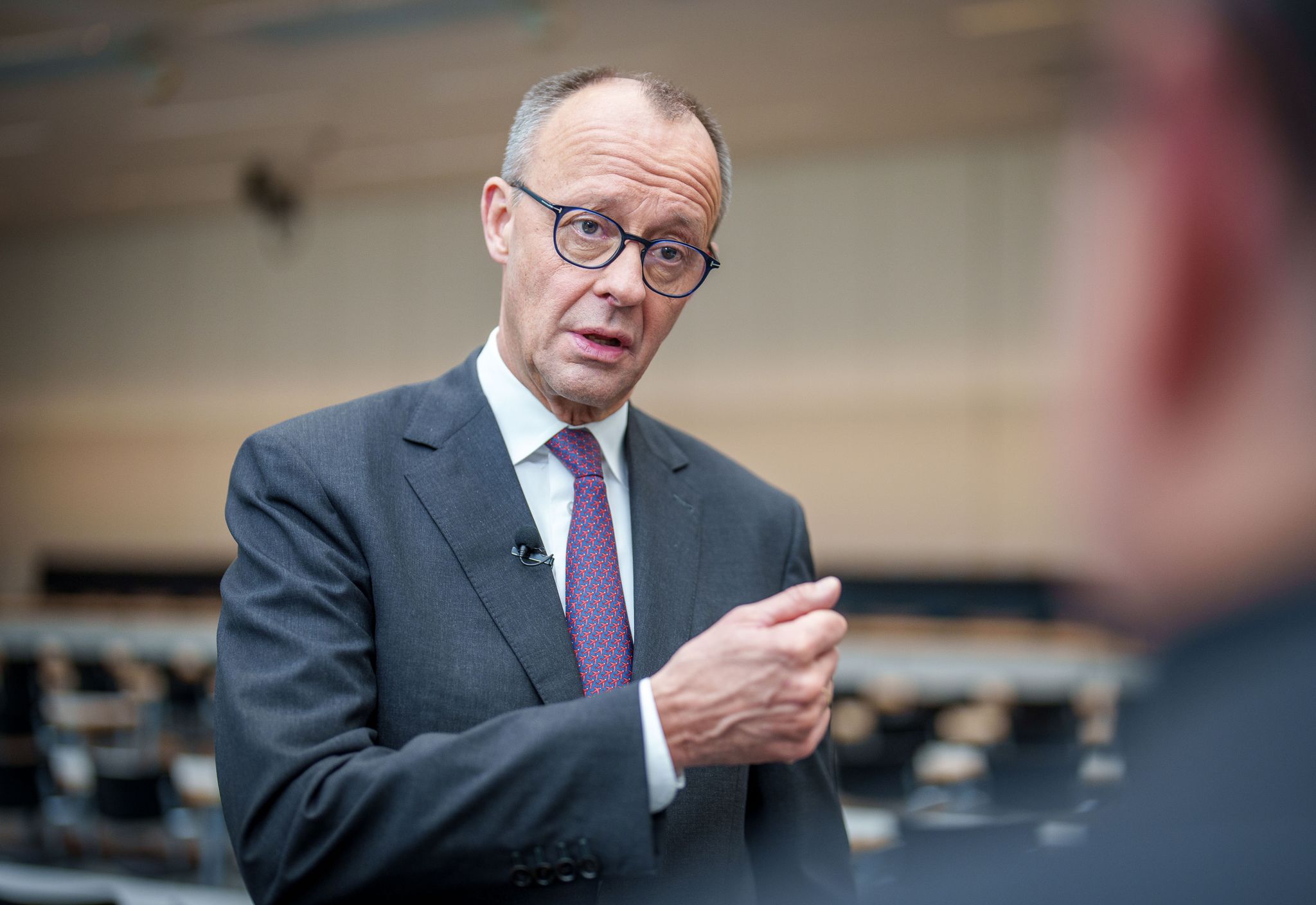
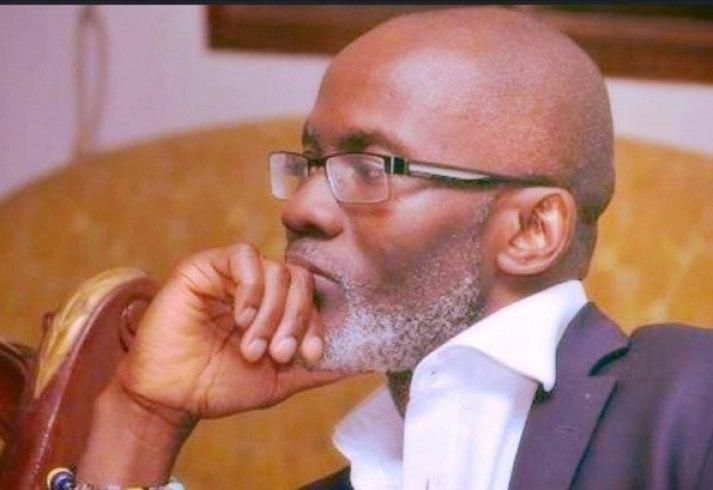


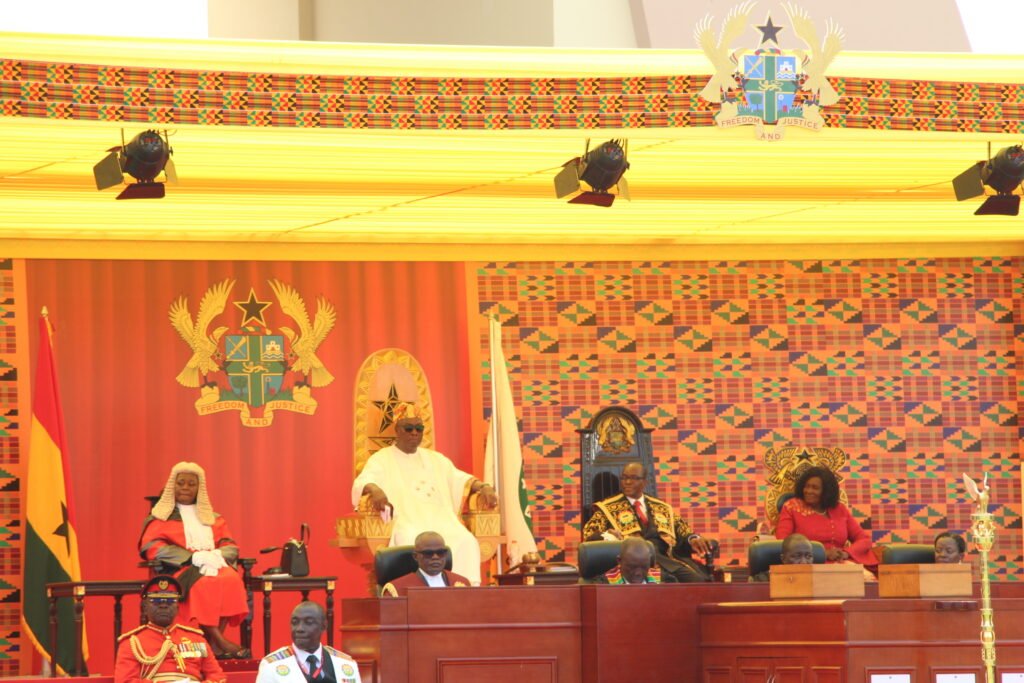

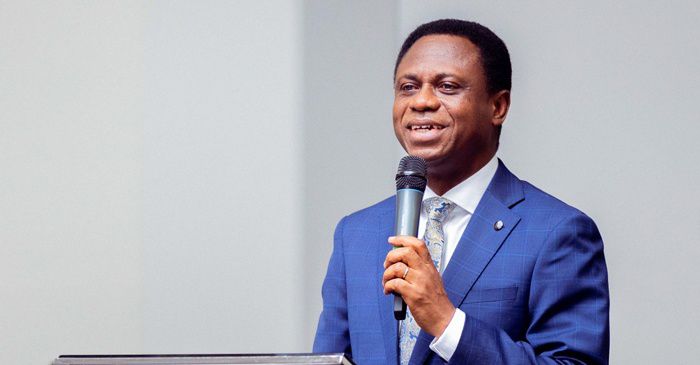
Facebook
Twitter
Pinterest
Instagram
Google+
YouTube
LinkedIn
RSS